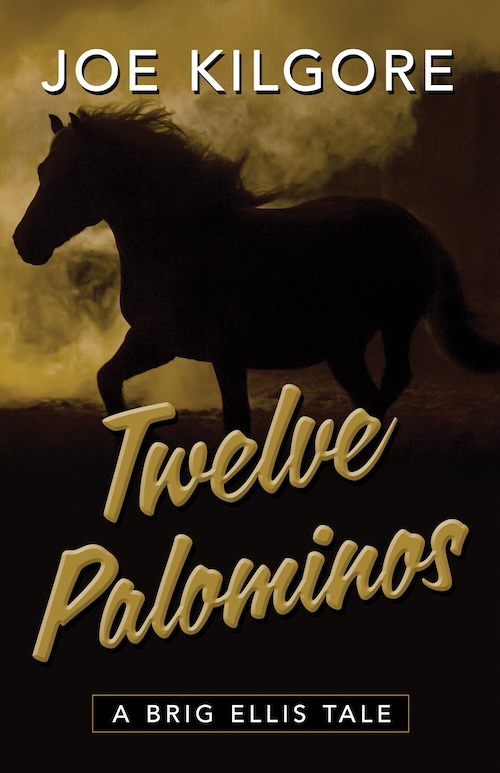Mayhem, Murder, And Malice
Tuesday, November 30th, 2010Andrew Vachss writes like this. Short, choppy sentences. Lean thoughts. No fat. He writes like people talk. Don’t look for flowing phrases. You won’t find them. Why should you? Who the hell talks like that anyway? His words are spat out. Like phlegm. Except they stick to your soul. They burn your heart. They make your joints ache. If you’re looking for beauty, you’ve looking at the wrong author. If you like prose with a punch to the kidney, he’s your man. But be warned. Internal bleeding is likely.
As Vachss might say, all that philosophical crap in the opening paragraph is simply a long winded introduction to his 1993 novel, SHELLA. Shella is a girl’s name. A tough girl. Are there any other kind in Vachss’s novels? This girl is as tough as they come. But she’s never quite gotten over the sexual abuse her father put her through. Who does? She’s into stripping in clubs, running the old badger game, dominatrix duty, and eventually a whole lot worse. Guess what though? The novel’s not really about her. Well, not really. It’s about the guy who’s looking for her. And what he might or might not do when he finds her.
His name…well, you’re never quite sure what his name is. One guy he works for calls him Ghost. Maybe because he seems to be one. He’s actually the narrator of the story as well as the protagonist. And he’s a piece of work. He kills people. For a living. No knives, guns, poison or other tricky stuff. He uses his hands. Mostly, he breaks their necks. He’s very good at it. He’s had a lot of practice. And in this novel he gets a lot more.
The plot of SHELLA is pretty simple. Ghost has just gotten out of the slammer and he’s looking for his old partner, Shella. They had a lucrative set-up until something went wrong and he took the fall. Initially, you think he’s looking for her because he really wants to be with her again. But as the pages fly by, you’re not quite sure of his motive. Maybe there’s more to it than that. Maybe he’s got a score to settle. She never came to his trial. She never visited him in lock-up. She never wrote him in the pen. But he’s determined to find her. And that determination leaves a pretty bloody wake.
Ghost is not maniacal. Just practical. He does what he does because he’s good at it. It’s not all his fault. He had a misspent youth. Reform schools. Work farms. Run-ins with a child rapist he beat to death with batteries rolled up in a sock. He learned to defend himself by erasing whatever was bothering him. That’s a skill some people were willing to pay well for. Ghost had another thing going for him. He looked like a regular guy. Not big. Not small. Not short. Not tall. Not fat. Not thin. Just a guy. The kind of guy nobody ever gives a second look to. Being a non-entity can come in handy. Especially in Ghost’s line of work.
Eventually, as a quid pro quo to helping him find Shella, Ghost agrees to do a job for a guy. A job that lands him in the middle of an exceptionally sordid white supremacist group. Vachss does a particularly good job of making the group members seem even more reprehensible than the hookers, pimps, gangsters, and crooks who populate the pages around them. Even though it takes you a while to get past the books early depravity and brutality, by the time you’ve spent even a few chapters with these racist yahoos, you’re pulling for Ghost to dispatch the lot of them with extreme prejudice.
It’s not a plot spoiler to tell you that Ghost eventually finds Shella. Though their reunion is not what you assume it will be. There’s still a hard-edged surprise or two waiting. And like the best of noir novels, it’s laid out lean, dry, unsympathetically. Yet it still brings a bit of sadness to your soul.
The Fiction Fortune Hunter suggests you rummage through the used book stores and online purveyors and find a copy of SHELLA to curl up with. It’s vintage Vachss. Hard. Heavy. But not heartless.
